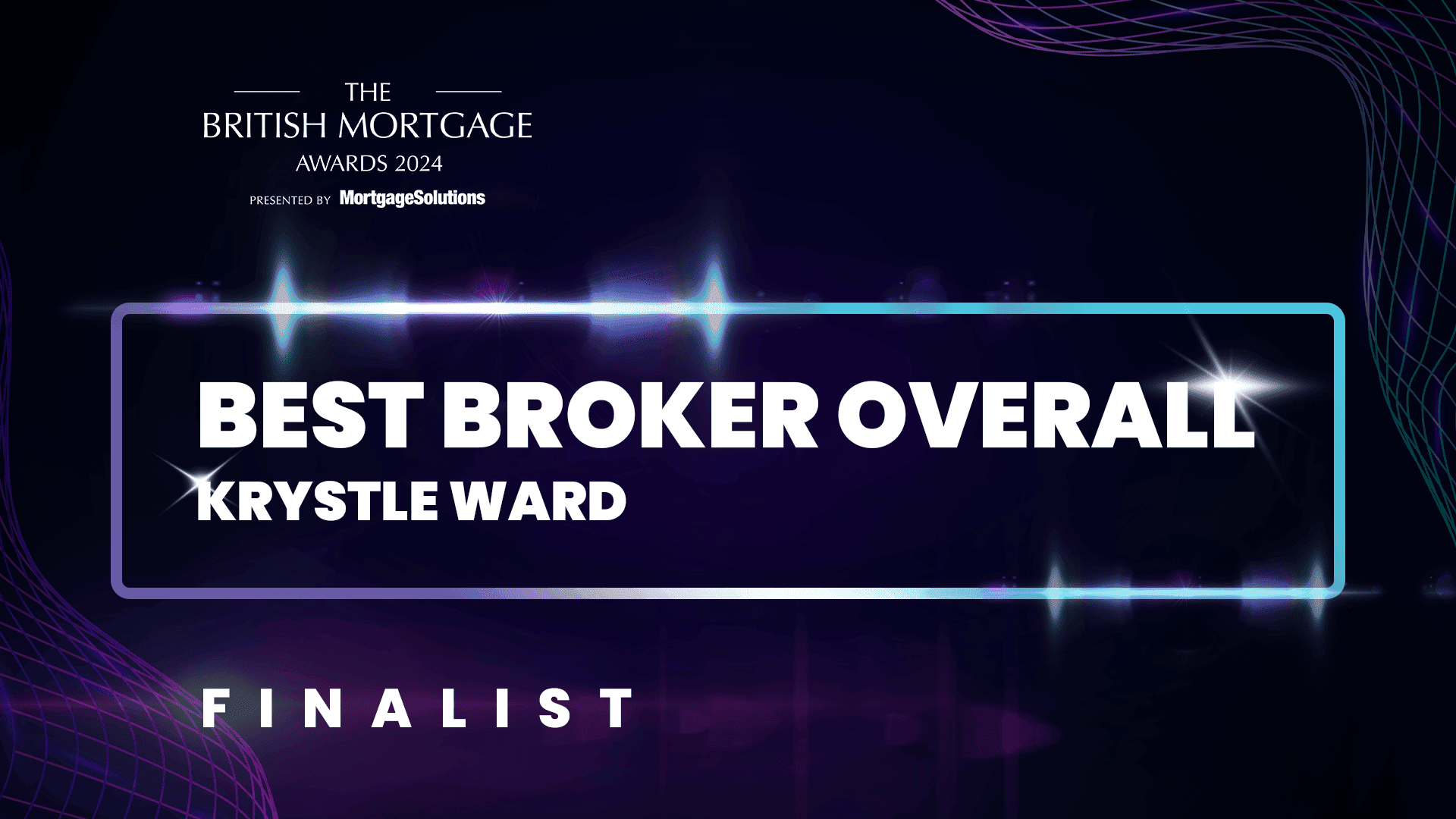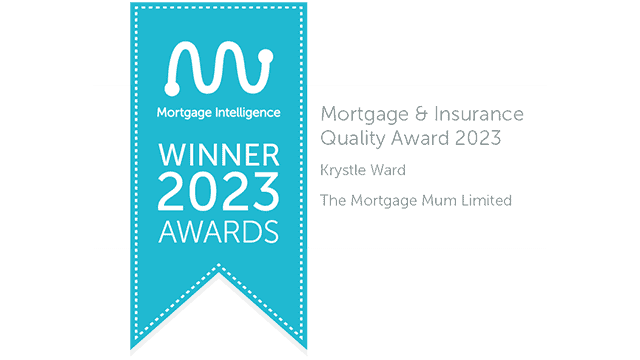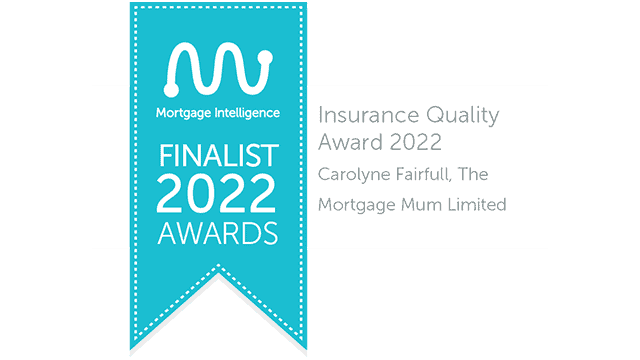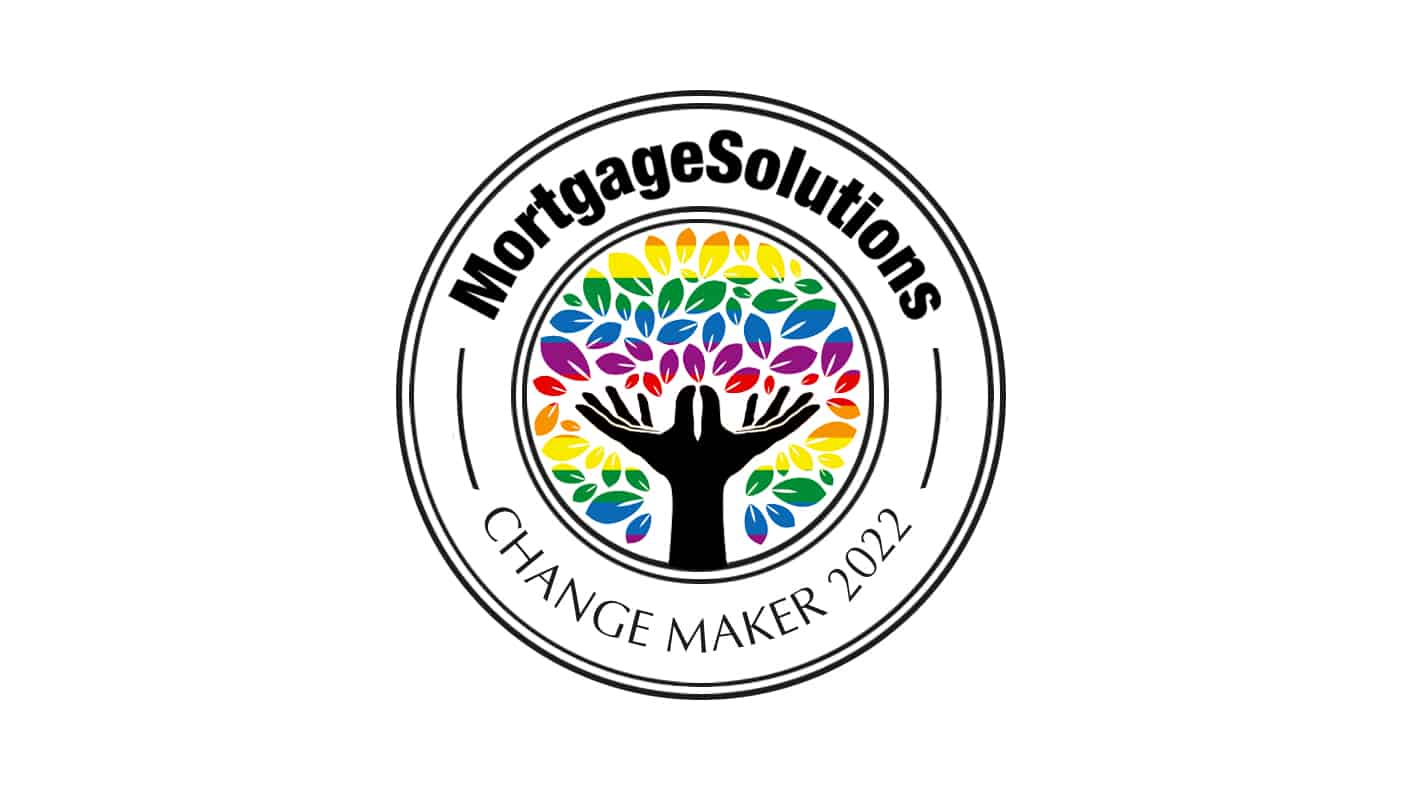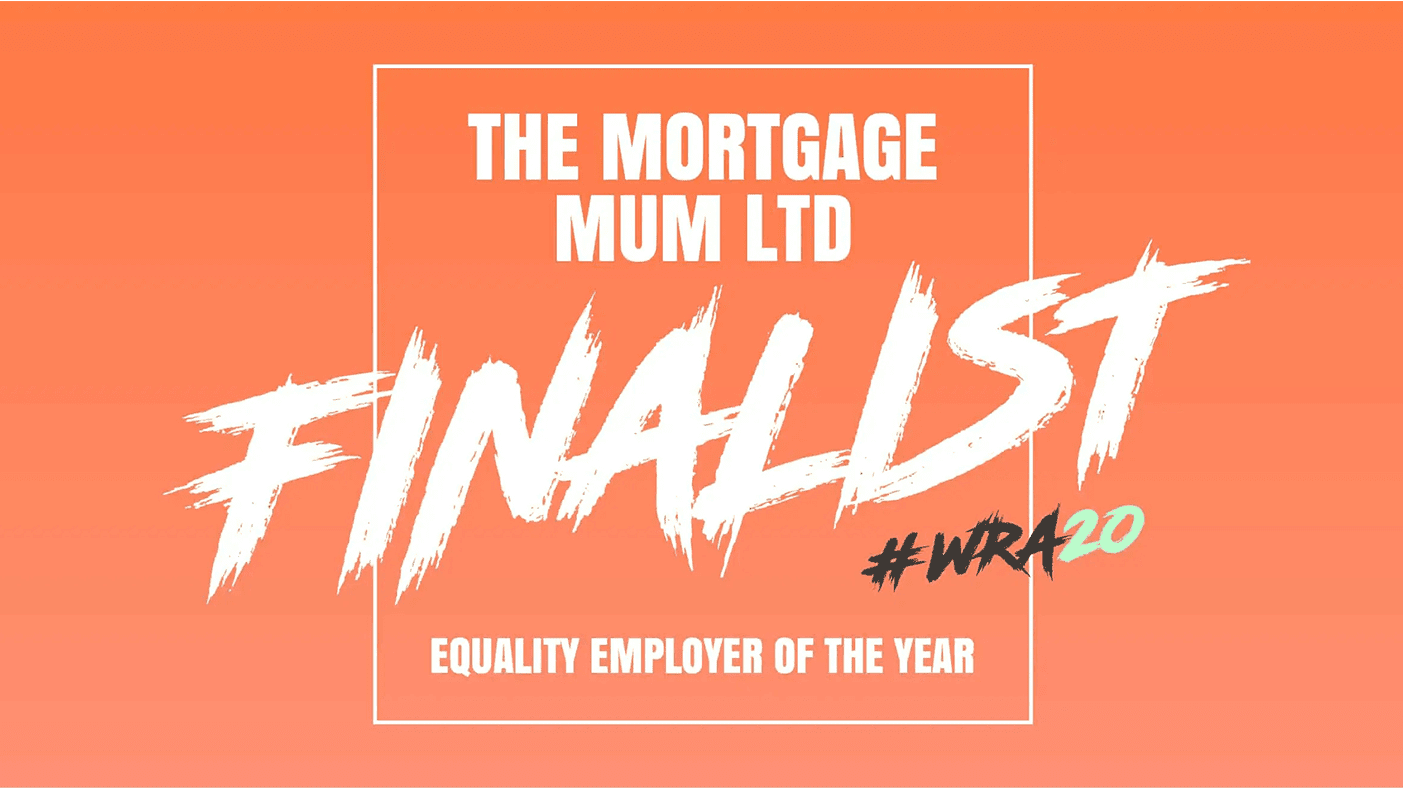Home Mover
- Multi- Award winning team
- Wide range of lenders
- Bespoke service, tailored to you
- Available at all hours, including after bath time!
Get in touch for an initial free, no obligation chat with an advisor about how we might be able to help.

Get in Touch
Home » Home Mover
What You Need to Know About Home Mover Mortgages?
What is a Home Mover?
You are classed as a home mover if you have a mortgage on your current home and plan to move to a new property. You don’t necessarily need to change your mortgage in order to move home, but you have the option to do so.
What is Porting?
If you choose to remain on your current mortgage when you move to a new home, you may be able to port your mortgage. Most lenders are able to transfer your mortgage to the new property for you, which is called porting.
When your mortgage is ported, a new mortgage application is required. Even though you already have the mortgage, your application to port it can be refused if your financial circumstances have declined since your original application.
You will need to pay valuation fees and stamp duty on your new property at the time of application. If your new property requires that you increase your loan amount, you may have to take out an additional mortgage, as well as the ported one. This can be quite expensive and you may find that it’s better to look into a remortgage.
Are all Mortgages Portable?
There are some cases where mortgages are not portable. Although this is rare, it is a possibility, in which case your only option when moving home is to apply for a remortgage. You should, however, be aware of early repayment charges and exit fees in the terms of your current mortgage.
Remortgaging for Home Movers
Unless you’re moving to downsize your home to one of considerably lower value, it’s unlikely that you’ll benefit from choosing to remortgage and should consider porting your current mortgage, where possible. Even for those downsizing, it’s possible that the fees involved with remortgaging could outweigh savings.
In order to benefit from remortgaging your home, it’s essential to get the timing right for your individual circumstances. Most applicants nearing the end of a fixed-rate deal, for example, will likely save money by remortgaging. If your financial situation is worse than when you took out your original mortgage, however, it’s unlikely that you’ll be accepted for a remortgage, whether or not your fixed-rate is ending.
Remortgaging with your current lender
Whilst you can choose to remortgage with your current provider, it’s unlikely they will be able to provide a significantly lower interest rate than you are currently paying.
You won’t necessarily avoid paying early repayment fees by staying with the same lender. Unless you’re on a SVR (standard variable rate) mortgage, most lenders will still charge fees to get out of your current mortgage deal, even when you stay with them.
Speak to an expert
We will work at times that suit you and your family, carrying out appointments via video call, telephone or email, giving you the benefit of first class service, around your own schedule, and in the comfort of your own home. So let us handle your mortgage today and find out how well we can look after you, The Mortgage Mum way!
Remortgaging with a new lender
If you choose not to (or aren’t able to) port your mortgage, remortgaging with another provider has the greatest chance of saving you money.
You can sometimes apply for a remortgage to pay off your current mortgage and borrow enough to purchase your new home. You also have the option to pay off your existing mortgage through the proceeds of it’s sale. Do bear in mind, however, that this may leave you liable for early repayment fees.
How your Current Home’s Value Affects your Options?
Upsizing
If your current property has risen in value, it is usually possible to upsize to a higher valued property. If your home hasn’t risen in value, however, upsizing is a tough option as you will need to prove that you can afford the increased repayments on your mortgage.
Downsizing
This has the potential to save you the most money and may suit some homeowners, especially where children have left home. If you raise enough from the sale of your current home, it may even be possible to purchase a cheaper new home outright.
In any case, buying a lower value home will result in a lower mortgage loan amount and therefore, smaller monthly repayments.
Negative Equity
If your home is in negative equity (you owe more than your home is worth), it’s very unlikely that an application for remortgage will be accepted by any lender.
How Can The Mortgage Mum Help Home Movers?
Having access to a wide range of lenders allows Mortgage Brokers the best chance of finding you the most competitive mortgage deals. They can also advise you what the most suitable type of mortgages are for home movers, like yourself.
A mortgage broker is able to offer you experienced advice on whether porting your mortgage or remortgaging, with the same or a new lender, would be most beneficial for you. They can help with administrative aspects of the application and overall save you the time, money and stress of a failed application.
Why The Mortgage Mum
- We're a team of mums who understand the juggle
- We're all expert advisers with a wealth of experience
- We work around you and your schedule
- We're here to make the mortgage journey easier for you






















